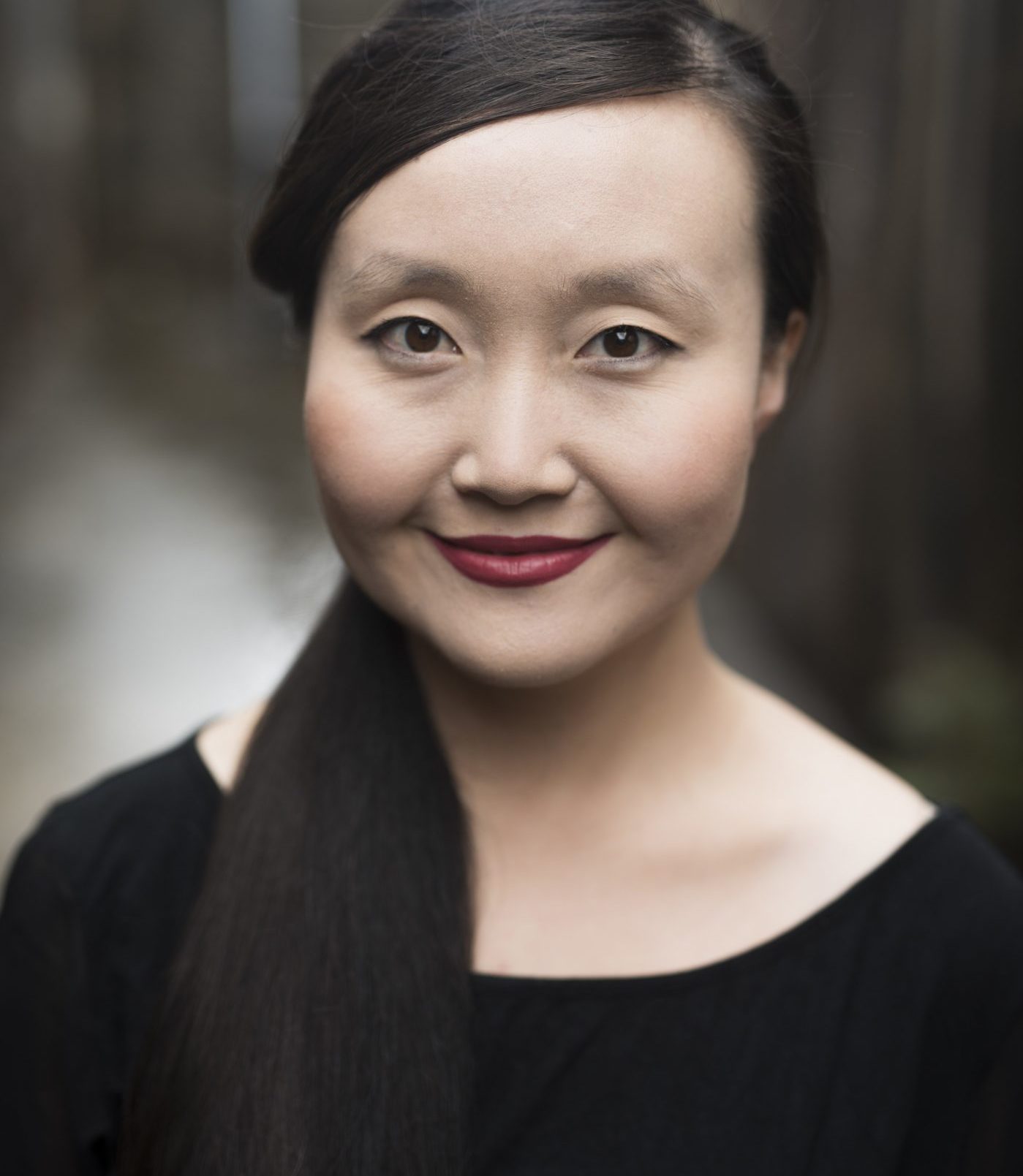Leukaemia Foundation supports Australian women #BalanceForBetter
The Leukaemia Foundation is proud to support International Women’s Day, a day to acknowledge and celebrate the social, economic, cultural and political achievements of all women across the globe.
This year, the Leukaemia Foundation is thrilled to recognise two innovative Australian Clinical and Science PhD female investigators, whose work is at the forefront of next generation medical break-throughs in precision medicines and understanding blood cancer biology.
The female investigators are part of the latest round of funding through the Leukaemia Foundation and the Haematology Society of Australia and New Zealand (HSANZ) PhD Scholarship Programs commencing in 2019. For more information, please see below or visit our PhD Scholarships page.
#BalanceForBetter
#IWD2019
Researcher: Dr Wei Jiang, Haematologist – Westmead Cellular Therapies Group, Sydney.
Disease: acute lymphoblastic leukaemia (ALL) and lymphoma.
Research Project Overview: Dr Wei Jiang will be conducting two trials to establish the clinical safety and efficacy of T-cell immunotherapies for infection and malignancy; and the detailed functional, phenotypic and molecular changes in patients’ blood post T-cell therapy. The research team will conduct a clinical trial of autologous CD19 chimeric antigen receptor (CAR) T-cells generated using the PiggyBac system for relapsed or refractory B-cell malignancies such as acute lymphoblastic leukaemia (ALL) and lymphoma. This is revolutionary research, as CAR T-cells can be generated with this technology for a fraction of the cost of those produced using viral vector, making CAR T-cells more affordable to patients. This research aims to establish the safety and efficacy of PiggyBac CAR19 T-cells in a cohort of 20 patients. This research will also examine into pathogen-specific T-cells for therapy resistant viral infections after an allogenic haemopoietic stem cell transplant (HSCT), which can lead to significant morbidity and mortality. Dr Jiang and team will run a Phase lll study assessing the safety and efficacy of administering banked 3rd party donor derived infection-specific T-cells to patients with resistant viral infections such as cytomegalovirus (CMV), Epstein-Barr virus (EBV or adenovirus).
Researcher: Elizabeth Lieschke, Scientist – Walter and Eliza Hall Institute, Melbourne, Victoria.
Disease: Blood cancer.
Research Project Overview: Ms Lieschke’s research investigates the mechanism by which tumour suppressor gene, Tp53, prevents the development of leukaemia, lymphoma and other cancers; and the processes by which activation of Tp53 kills malignant cells. The study aims to understand why some blood cancer cells die, whilst other cancer cells undergo cell cycle arrest/cell senescence and are therefore more likely to relapse following cancer therapy. Ms Lieschke and team hopes to identify biomarkers that will enable the team to predict the nature of the response of cancer cells to drugs that activate Tp53 and leading to therapies that will be more personalised and targeted. Mutations in Tp53 occur frequently in blood cancers that relapse following therapy and for these patients, the prognosis is extremely poor. A deeper understanding of the impact of mutations in Tp53 on the expression of critical genes involved in tumour suppression will inform the design of novel therapeutics that could act downstream of Tp53, and efficiently kill mutant Tp53 expressing blood cancers. The team believes such therapies are desperately needed because they would improve the prognosis for blood cancer patients.
